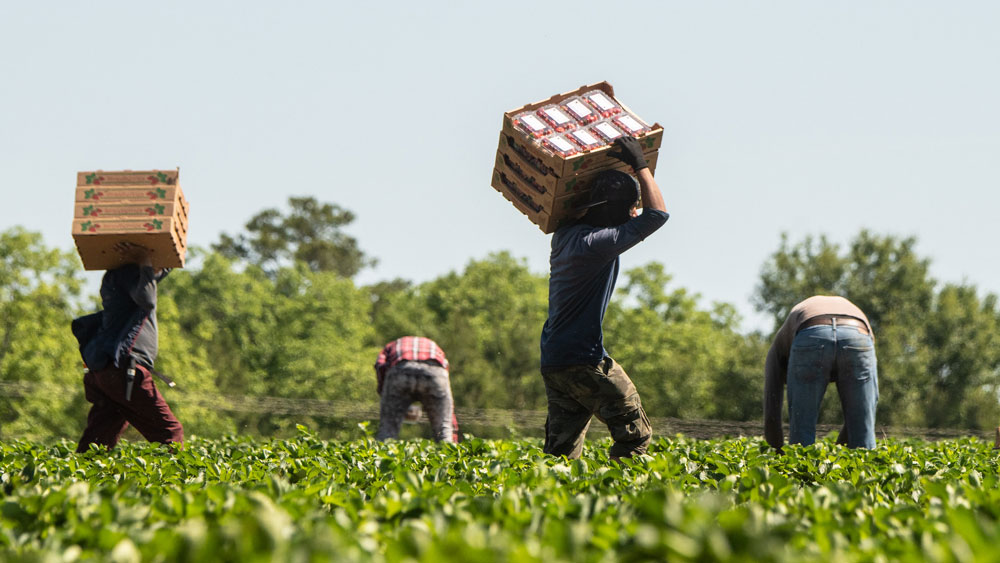Farmworkers make up less than one percent of all U.S. wage and salary workers, but they are vital to the country’s agriculture. They labor every day in fruit orchards and dairy farms, in blazing heat and freezing cold, to ensure that families have food on their tables.
The U.S. Department of Agriculture (USDA) continues to take action to support farmworkers. Last year, we launched the Farm Labor Stabilization and Protection Pilot Program, investing up to $65 million in American Rescue Plan funding to provide support for agricultural employers in implementing robust labor standards to promote a safe, healthy work environment for both U.S. workers and workers hired under the seasonal H-2A visa program.
In keeping with its goal of recruiting and retaining a diverse and talented workforce, USDA offers a range of education programs to develop students and food and agricultural professionals. Many of these programs support scholarships, tuition, room and board and living stipends for eligible students.
For example, last year USDA launched a new HEP/CAMP Internship Program to bring students from migrant and farmworker backgrounds to Washington, D.C. to participate in paid, 10-week internships. These internships allow USDA to provide work experience to aspiring young leaders while making them aware of the many career opportunities within the Department.
The Beginning Farmer and Rancher Development Program offers grants to organizations that provide education, mentoring and technical assistance initiatives to beginning farmers and ranchers. The program aims to help sprout a new generation of agriculturists, including those who seek to build on their own experiences to become farm owners.
USDA also coordinates with external organizations that provide the language and cultural expertise needed to work effectively with farmworkers of all backgrounds. The 2501 program helps underserved farmers, ranchers and foresters access USDA resources. Program partners augment USDA’s outreach efforts by working to increase participation in USDA programs and services. For instance, the Napa Valley Farmworker Foundation received a 2501 grant to provide Napa County farmworkers with training in adult literacy, operations and safety, leadership and management, mentorship and family life.
The work we do at USDA is about fundamentally improving the quality of life for people around the country. Taking action to ensure equitable access to the Department’s resources by underserved communities is part of that commitment. By bringing awareness to the importance of farmworkers and offering programs to support and uplift them, we also build a more resilient and equitable food system.

